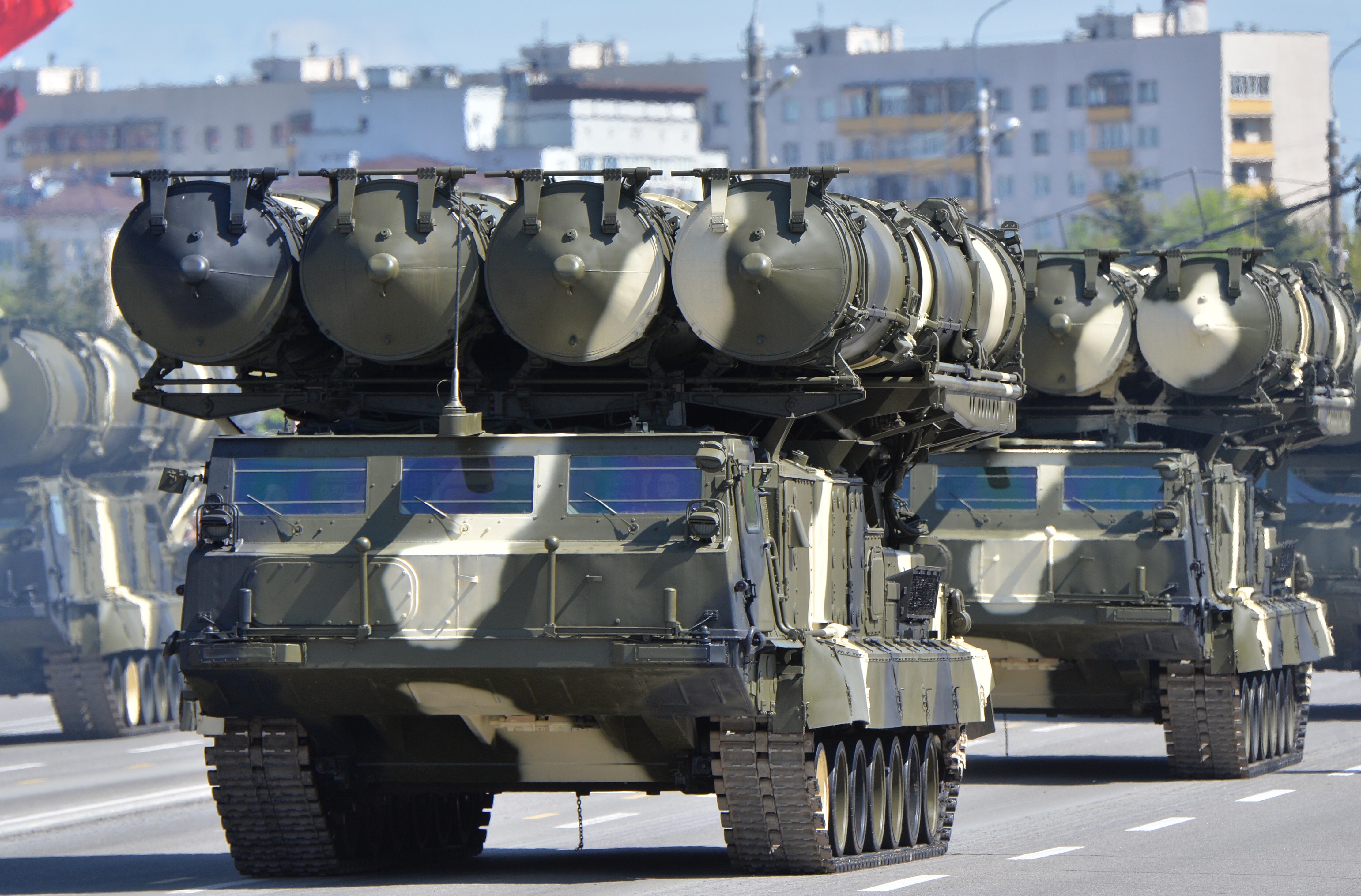NATO’s leaders will gather at the Brussels Summit in July to strengthen their posture against Russia’s threats to its neighbors as well as Moscow’s more subtle subversion of democracies throughout the West. It is vital that the alliance declare a bold, new initiative at the summit to protect the most vulnerable target in Russian President Vladimir Putin’s sights ― the still unsettled Balkans.
The unfinished Western strategy for the region is to bring the fractious Balkan countries into the stabilization and modernization process of joining the European Union and NATO. Thus far, the picture is mixed: Slovenia and Croatia are both EU and NATO members, while Albania and Montenegro are NATO members but only EU aspirants. Macedonia, Bosnia-Herzegovina, Kosovo and Serbia are not members of either institution.
Russia’s aim in the Balkans is more modest and its tactics more subtle than the brutal invasion of Ukraine. Putin doesn’t need to seize any territory. He can win simply by stalling further accession of these states into Western institutions.
To achieve this, the Kremlin is sewing confusion over the facts, rising doubts about Western intentions and resolve, and cultivating loyalty through money, weapons and high visibility appeals to Orthodox Slav kinship and patronage. With the region still deeply polarized, Russia’s game plan has heightened the prospects for interethnic violence, an outcome that would play right into Putin’s game plan.
It is NATO, not the EU, that can play the most immediate role in keeping the Balkans on track to full Western integration. Consumed with crises and doubts of their own, many EU capitals are increasingly wary of admitting more former communist countries with weak institutions and dubious commitment to rule of law and democratic values. Rarely vigorous when it comes to tackling the long-standing political challenges in the Balkans, or the region’s miscreants, the EU has long depended on the U.S. to do the heavy lifting.
The American-led NATO alliance can reinvigorate Europe’s approach to its southeastern flank in several critical ways:
First, the alliance should use NATO membership as its principal tool to defeat Russia’s destabilization strategy in the region. NATO accession has repeatedly and consistently been a spur to reform and absorption of democratic values throughout Eastern Europe. Nearly all countries that have joined the EU since the fall of the Berlin Wall joined NATO first.

Macedonia has been in NATO’s waiting room for over a decade, blocked by Greece’s long-standing objection to Macedonia’s name. With reasonable prime ministers and goodwill in both Athens and Skopje, the West now has its best opportunity to resolve this arcane, yet serious dispute.
Washington needs to intensify its support for the U.N.-led negotiations that are making progress by being clear that the administration expects the dispute to be resolved by the upcoming summit. A near-term invitation to each prime minister for a White House visit, or another trip to the region by U.S. Vice President Mike Pence, would reinforce the message.
Second, the alliance needs to push past Serb obstructionism to keep Bosnia-Herzegovina on the path to NATO membership. It is another arcane Balkan dispute ― this time over defense property belong to the former Yugoslavia ― that has been the putative obstacle to Bosnia getting a NATO Membership Action Plan, or MAP. Former U.S. Secretary of State Rex Tillerson had quietly proposed that the alliance press forward ― overcoming foot-dragging by the country’s Serb leadership ― and grant Bosnia MAP, without requiring settlement of the military facilities issue.
Washington should take Tillerson’s approach to the summit and convince its allies to overcome this manufactured obstacle. Hard-line President of Republika Srpska Milorad Dodik might resist under Russian pressure, but now is the time for the West to press Dodik to choose his true loyalty. The vast majority of his Serb constituents see their future in the EU, not in a union with Russia.
RELATED

NATO membership for Kosovo may take more time, given that nation’s continued territorial disputes with Serbia. But the summit could indicate NATO’s long-term interest in having Kosovo join.
Finally, NATO needs to build relations with Russia’s main partner in the region, Serbia. Unknown to many Serbs, the Pentagon actually has close cooperation with Serbian Defence Ministry counterparts. A special U.S. initiative could fund the rebuilding of Serbia’s old Defence Ministry building, which remains destroyed nearly 20 years after the NATO war with Serbia. Even if Serbia never joins NATO, this gesture would go a long way to demonstrating American and NATO friendship toward the country and rebuff Russia’s constant entreaties.
With a comprehensive approach such as this, NATO leaders can unite and defeat Putin’s now unrelenting hybrid war in the western Balkans.
Hans Binnendijk and Edward P. Joseph are both senior fellows at Johns Hopkins University’s Center for Transatlantic Relations.








